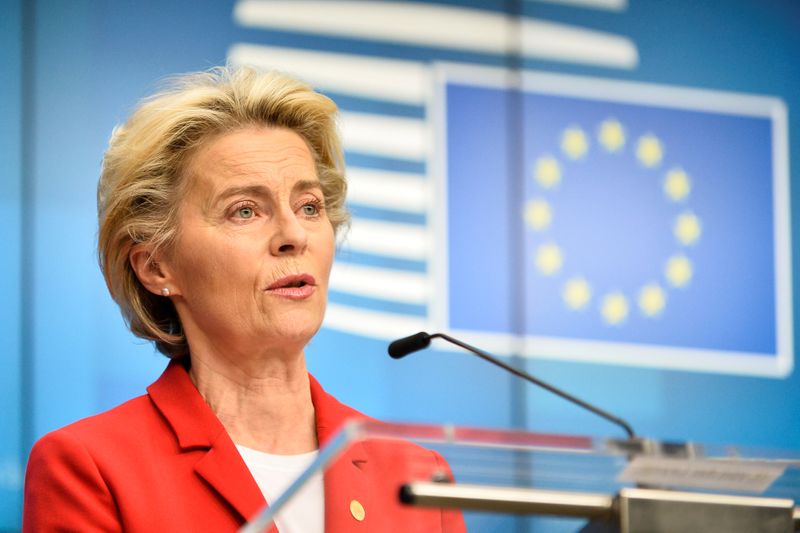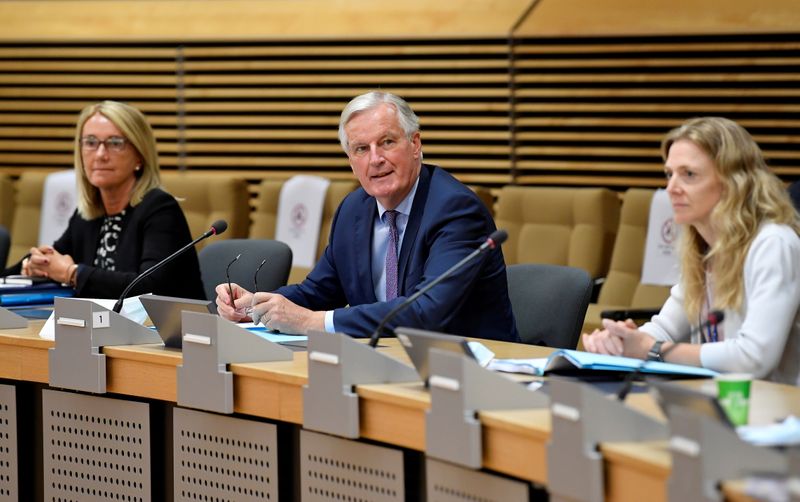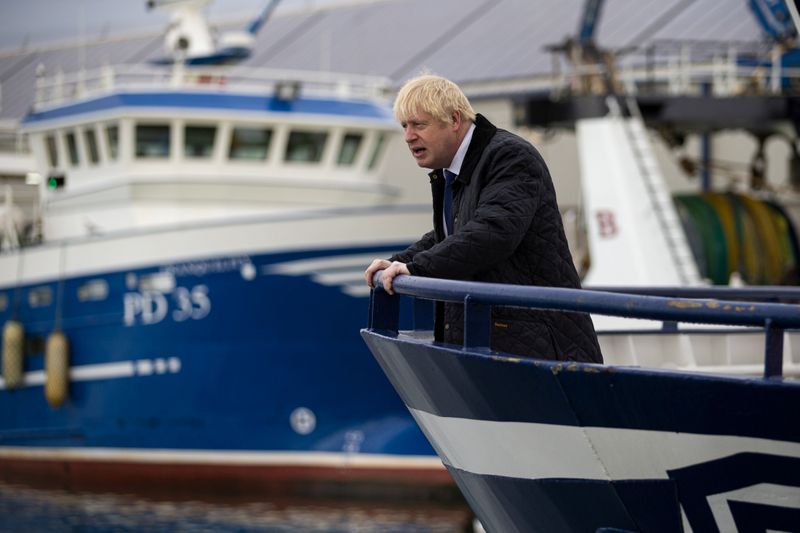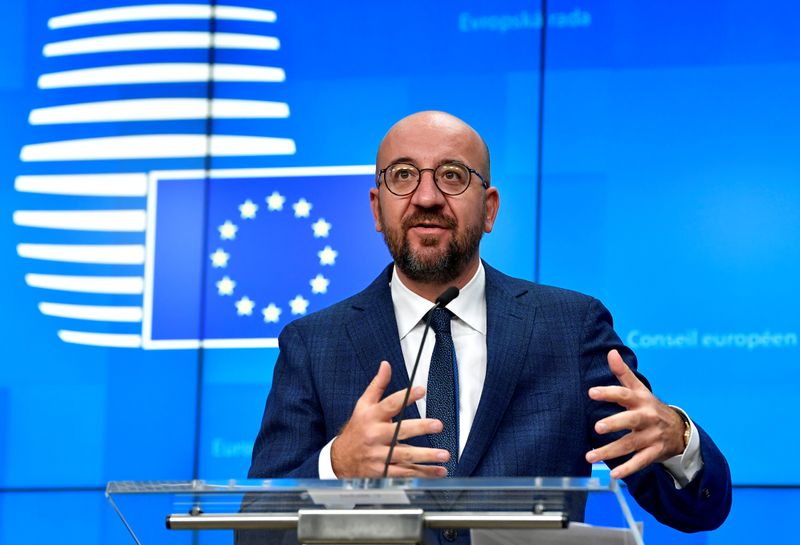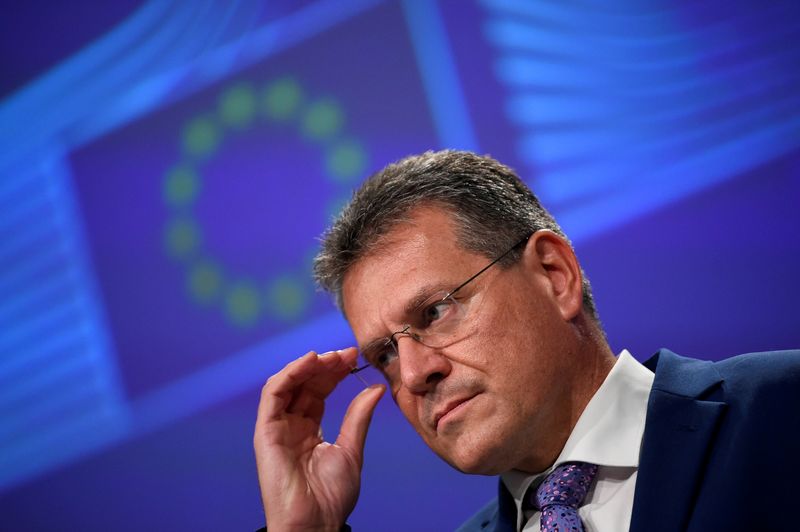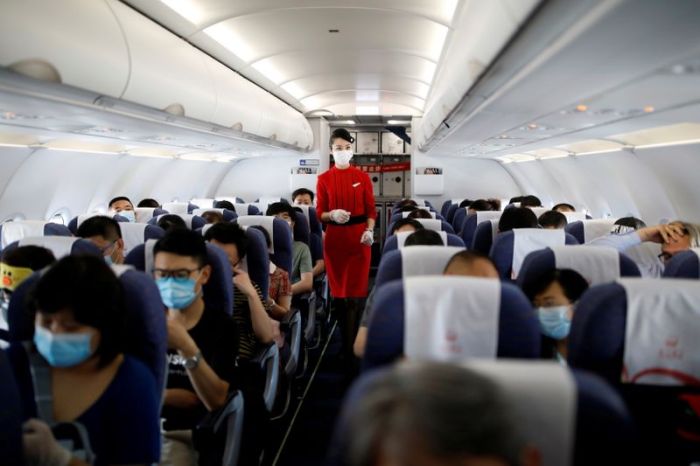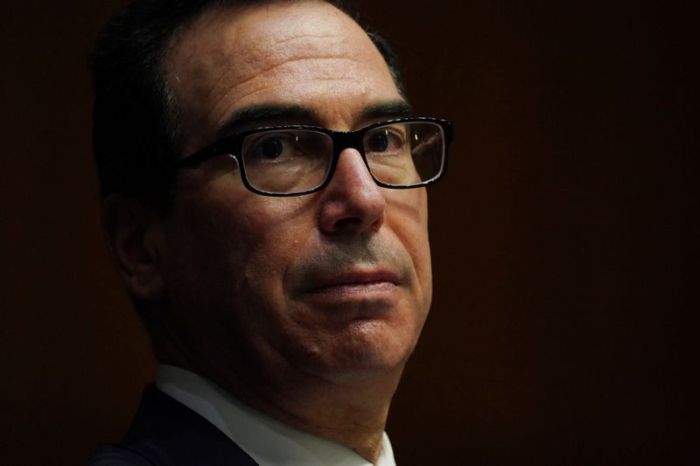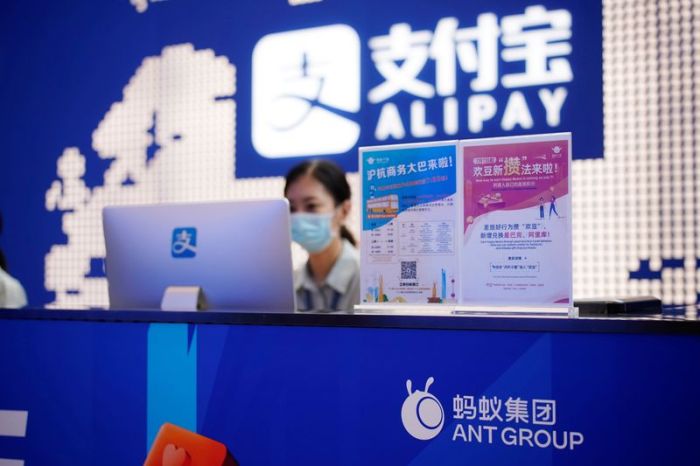BRUSSELS/LONDON (Reuters) – The European Union put the onus on Britain on Thursday to compromise on their new economic partnership or stand ready for trade disruptions in less than 80 days, drawing a chilly reaction from the UK, which said it was “disappointed”.
British Prime Minister Boris Johnson will respond and set out his approach to the talks on Friday, his Brexit negotiator said.
Sporting face masks and keeping their distance amidst a fresh spike in COVID-19 infections in the EU, the bloc’s leaders meeting in Brussels granted more time for negotiations with Britain on a new trade pact before the year ends.
“We are concerned by the lack of progress. And we call on the UK to make the necessary moves,” said summit chairman, Charles Michel, adding the bloc wanted an accord but not at any price and was ready for an abrupt split from 2021 as well.
Britain’s Brexit negotiator David Frost said on Twitter he was “disappointed”. “Also surprised by suggestion that to get an agreement all future moves must come from UK,” he added.
Britain left the EU in January and, during a transition period, the estranged allies have been locked in complex negotiations to keep a trillion euros worth of annual trade free of tariffs or quotas from 2021.
Talks have narrowed gaps on issues from social welfare to transport but three contentious areas have so far prevented a deal: fair competition, dispute resolution and fisheries, which is particularly important to France.
“In no case shall our fishermen be sacrificed for Brexit,” said French President Emmanuel Macron. “If the right terms can’t be found at the end of these discussions, we’re ready for a no-deal for our future relations.”
With businesses and markets increasingly jittery as the deadline nears, EU leaders stressed the unity of the 27-nation bloc in the face off.
“We want a deal, but obviously not at any price. It has to be a fair agreement that serves the interests of both sides. This is worth every effort,” said German Chancellor Angela Merkel.
‘CRAZY’
Ireland, the EU member most exposed to any chaotic rupture, said smooth post-Brexit trade between the world’s sixth largest economy and biggest trading bloc was even more essential given the economic havoc of the COVID-19 crisis.
“We still can get this resolved within the timeframe available to us,” said Irish Prime Minister Micheal Martin.
The pandemic has thrust Europe into unprecedented recession and many nations are tightening restrictions again to combat a second infection wave sweeping the continent as winter looms.
The coronavirus upset the summit itself when one of the key participants, the head of the bloc’s executive, Ursula von der Leyen, left the meeting abruptly to go into precautionary self-isolation after one of her staff tested positive.
Given the economic malaise and global instability, it would be “crazy” if the two sides failed to agree a deal, said Dutch Prime Minister Mark Rutte.
Many in financial markets expect a limited deal by early November, though after several more weeks of drama.
The EU has warned it would not leave fishing rights to be settled last and stressed they must be part of a wider deal with issues like energy ties where London has a weaker hand.
The sides are also far apart on fair competition safeguards covering social, labour and environment standards, as well as state aid.
Britain wants to be able to regulate its own corporate subsidies freely in the future, while the EU seeks to lock in joint rules. Otherwise, the bloc says Britain cannot have free access to its cherished single market of 450 million consumers.
(Reporting by Marine Strauss, Jan Strupczewski, Gabriela Baczynska, John Chalmers in Brussels; Michel Rose in Paris, Sabine Siebold and Andreas Rinke in Berlin; Writing by Gabriela Baczynska; Editing by Andrew Cawthorne, Philippa Fletcher, Toby Chopra and Andrew Heavens)

